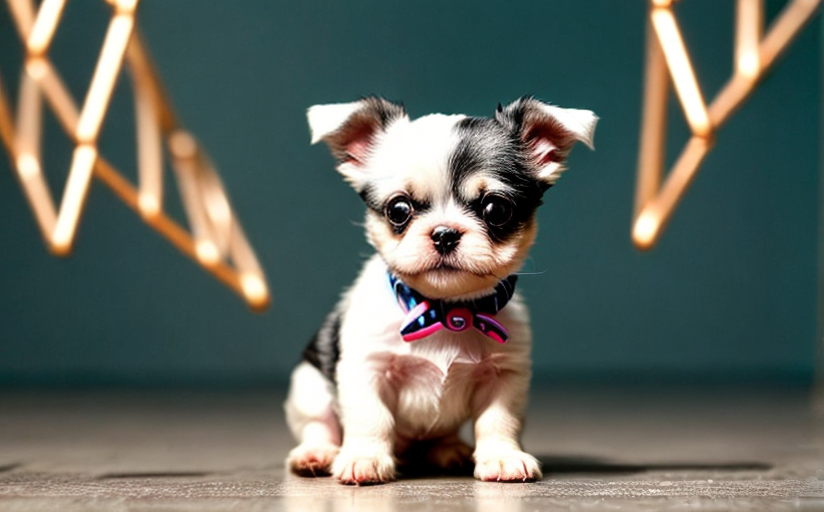The Ethical and Moral Implications of Breeding Designer Pets
In recent years, the demand for so-called designer pets has seen a considerable rise. These animals, bred for specific cosmetic traits, have sparked a swath of ethical and moral debates, diving deep into the discourse on animal rights and welfare.
Soaring Demand for Designer Pets
The increasing demand for designer pets is driven by numerous factors - our fascination with uniqueness, celebrity influence, or the desire to own a “status symbol”. However, it's vital to assess the ethical considerations and repercussions on animal welfare before diving into the world of designer pet ownership.
The Pros and Cons
Interestingly, there are arguments in favor of breeding designer pets. Proponents argue that controlled breeding can lead to the elimination of certain genetic diseases prevalent in the parent breeds. Furthermore, it allows prospective pet owners to choose a pet that aligns with their lifestyle, reducing the potential for pet abandonment.
Conversely, critics highlight the health risks imposed on these animals like a higher predisposition to hereditary diseases and shorter lifespan due to breeding for extremes. In many cases, the desired physical traits come with linked health issues - Bulldogs, for example, often suffer from various respiratory problems due to their squashed faces.
The Standpoint of Animal Welfare Organizations
Various animal welfare organizations, such as PETA and the RSPCA, express deep concern about the trend of breeding designer pets. They argue that the focus of breeding should shift from looks to health and behavioral traits to ensure animal well-being. Moreover, these organizations emphasize adoption over buying, pointing out that countless animals in shelters are in dire need of homes.
Views of Breeders, Veterinarians and Pet Owners
Breeders primarily defend their profession, stating that responsible breeding practices can provide healthy and well-adjusted pets. Meanwhile, veterinarians often find themselves in a different position, witnessing the harmful consequences of extreme breeding first hand. Pet owners hold varying views, often influenced by personal experiences and individual concerns.
Animal Rights Activists' Perspective
Animal rights activists strongly condemn designer pet breeding, highlighting the commodification and objectification of living beings. They call for stronger regulations controlling pet breeding, promoting the concept of adopting over shopping.
Essentially, the discourse surrounding designer pets blends into a larger debate on animal rights and welfare. While perspectives differ widely, there seems to be a consensus that animal health and welfare must always be prioritized over aesthetics.

















Comments
Leave a Comment